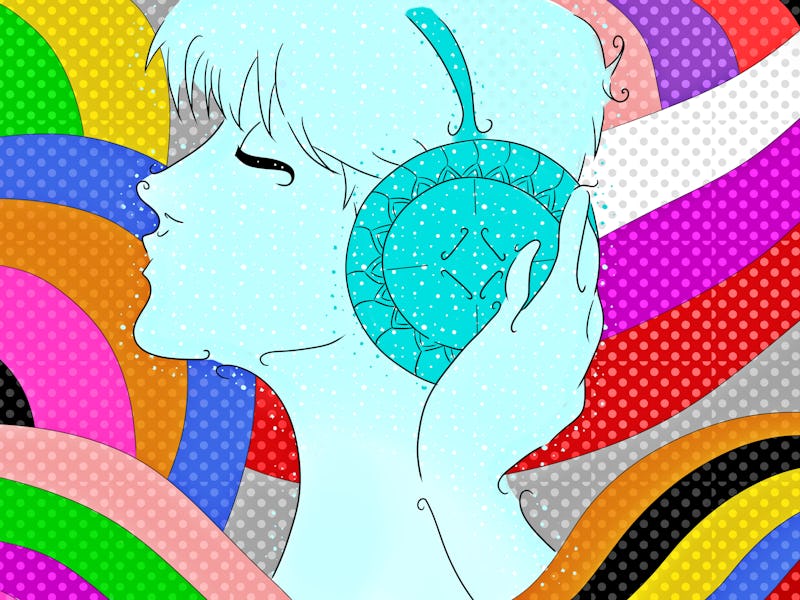Spotify Wrapped: What your favorite music says about your personality
"Music is a form of language. It’s a part of human evolution, and it’s deeply embedded into our brains.”

The year 2019 is coming to a close, just in time for Spotify to release its annual rundown of its users’ top played songs — but with a twist. The streaming service also let people see what songs they’ve been listening to most over the past decade. The action left people reminiscing, evaluating their song choices, and wondering what the hell “pop rap” is.
Seeing all of that data laid out there — how many times you turned up Carly Rae Jepsen or queued up “forest rain sounds” — is also an opportunity to think about how music influences us and reflects who we are as individuals. It’s well-established that we judge people’s character by what music they listen to. We can also judge our own.
A version of this article also appears in the Sunday Scaries newsletter. Sign up for free to receive it on Sundays.
But to do that, you may need to think about music a bit differently. David Greenberg, a music psychologist at the University of Cambridge, thinks a more accurate approach to thinking about music is not by considering its genre but rather thinking about how it fits into three basic categories. These are “arousal” (the energy level of music), “valence” (the spectrum from sad to happy emotions in music), and “depth” (the amount of sophistication and emotional depth in music).
In a 2016 study, Greenberg and his colleagues evaluated how music is linked to the Big Five personality traits.
The relationship between music and personalities
In the 2016 study, “The Song Is You,” Greenberg and his colleagues evaluated how those three dimensions are linked to the Big Five personality traits. These are openness, conscientiousness, extraversion, agreeableness, and neuroticism.
They determined that self-assured people were more likely to enjoy positive music, while excitement seekers preferred high arousal music. Meanwhile, neurotic people tended to enjoy more negative music, and people who are more open were, well, more open.
“On the one hand, they just had a general preference for music overall,” Greenberg tells me, “but they also were most open to music across genres.”
Open people are more likely to have Spotify wrap-ups that tell them they were “genre-fluid” — they are just as likely to enjoy folk music as hip-hop. That makes sense when you consider how other research has linked being open to an increased likelihood of having a wider interest in the world and more things that they want to do.
In a 2015 study, Greenberg also found that there’s a relationship between song choice and one’s sense of empathy. They found that highly empathetic people tend to like three types of music: music that’s lower in energy, music that’s sad, and music that has a high degree of cerebral and emotional depth.
“That’s a song that had deep and meaningful lyrics, or music that has very deep themes attached to it,” Greenberg explains.
Knowing if music can influence personality is what keeps researchers up at night.
But can music affect our personalities?
We know people may listen to a certain type of music because of their personality — but it’s less clear whether or not music influences personality in turn. Greenberg says that question “keeps us researchers up at night.”
"Music is a form of language. It’s a part of human evolution, and it’s deeply embedded into our brains."
But while more longitudinal data is needed to say how exposure to music changes one personality in the long run, researchers do know that it can influence our personality in the short term. If you listen to music with aggressive lyrics, that will increase your levels of aggression. If you listen to soothing music, aggressive levels will decrease. It’s likely that we seek out music because it matches our personality. And, we are in some ways influenced by that music — but it’s too soon to say for sure.
What we can say for sure is that music is not just entertainment, something that Greenberg says is a common misconception.
“The idea that music is solely entertainment, or even just a pure aesthetic experience, is very misguided,” Greenberg explains. “Music is a form of language. It’s a part of human evolution, and it’s deeply embedded into our brains.”
A version of this article also appears in the Sunday Scaries newsletter. Sign up for free to receive it on Sundays.